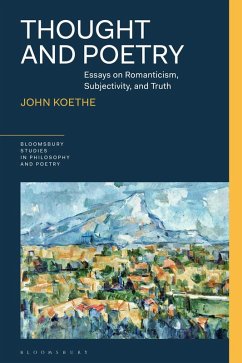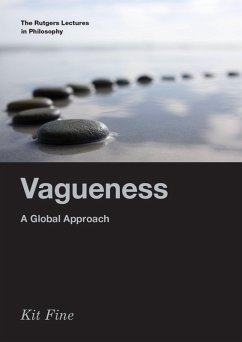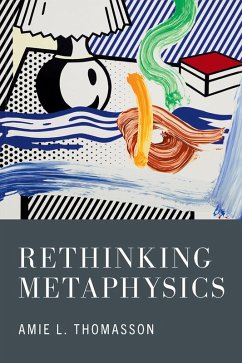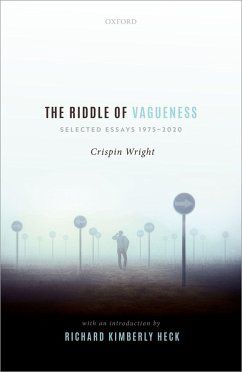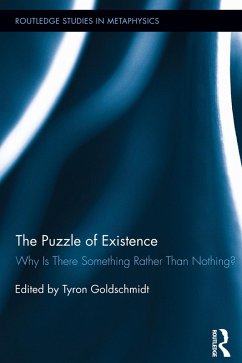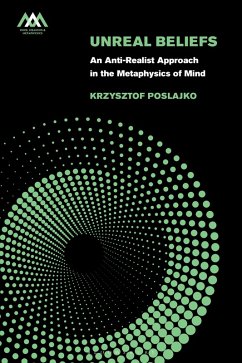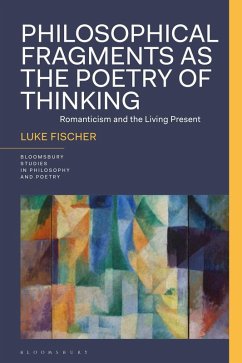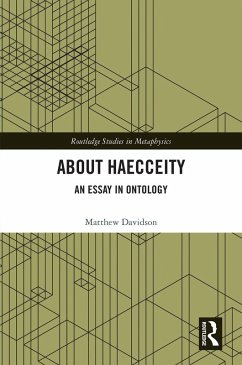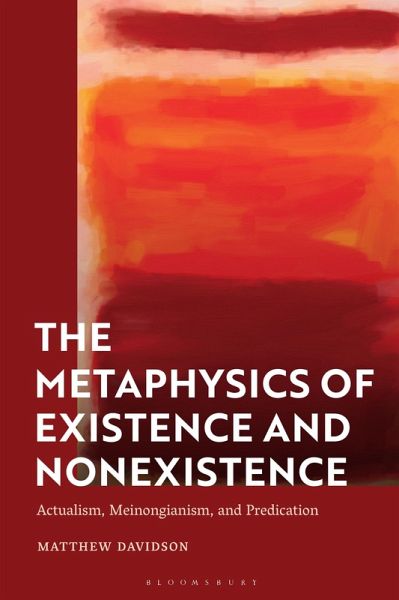
The Metaphysics of Existence and Nonexistence (eBook, ePUB)
Actualism, Meinongianism, and Predication

PAYBACK Punkte
12 °P sammeln!
Are there nonexistent objects? Can we make sense of objects having properties without thinking that there are nonexistent objects? Is existence a predicate? Can we make sense of necessarily existing objects depending on God? Tackling these central questions, Matthew Davidson explores the metaphysics of existence and nonexistence. He presents an extended argument for independence actualism, a previously undefended view that objects can have properties in worlds and at times at which they do not exist. Among other unique points of discussion, Davidson considers the nature of actualism, arguments...
Are there nonexistent objects? Can we make sense of objects having properties without thinking that there are nonexistent objects? Is existence a predicate? Can we make sense of necessarily existing objects depending on God? Tackling these central questions, Matthew Davidson explores the metaphysics of existence and nonexistence. He presents an extended argument for independence actualism, a previously undefended view that objects can have properties in worlds and at times at which they do not exist. Among other unique points of discussion, Davidson considers the nature of actualism, arguments for and against serious actualism, the semantics of "exists" as a predicate, the merits of different sorts of Meinongian theories, and different views on which God might ground the existence of necessarily existing abstracta. The book offers a Lewisian-style argument for adopting independence actualism in that the view may be used to solve many problems in metaphysics, philosophy of language and philosophy of religion.




